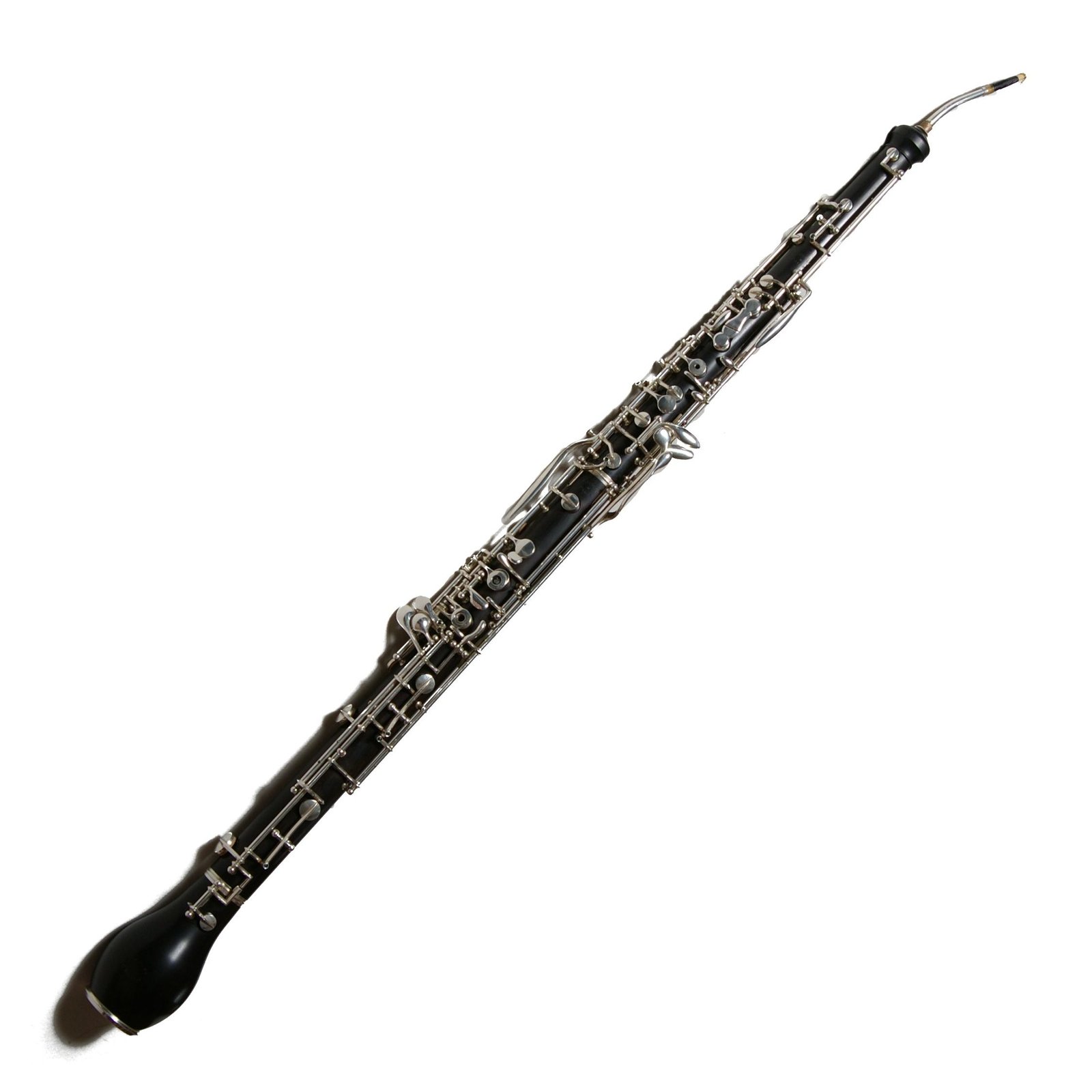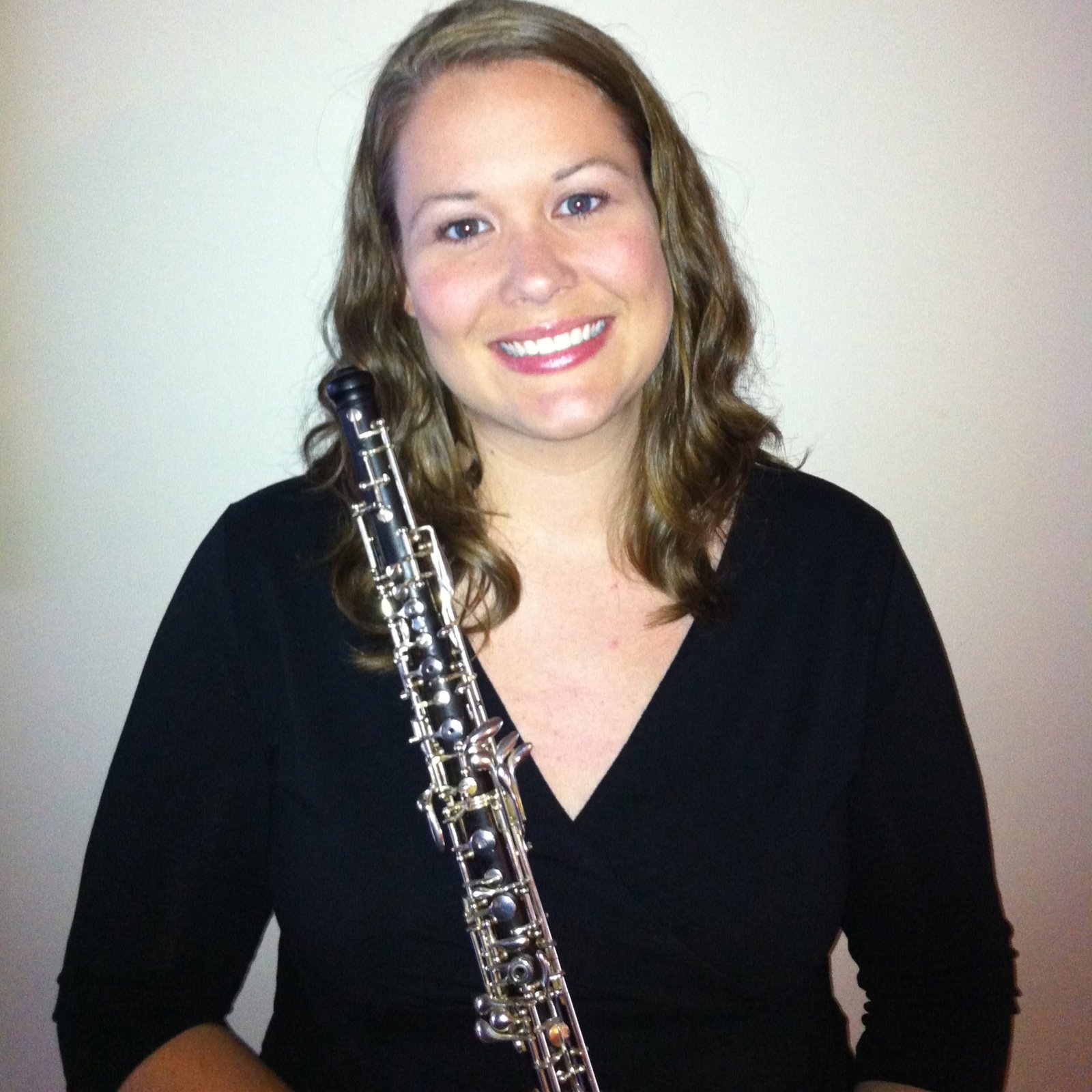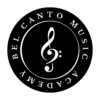English Horn Lessons IN BURR RIDGE
ENGLISH HORN
woodwind instrument
The English Horn, or Cor Anglais, is a double reed instrument in the woodwind family approximately one and half times the length of the oboe. A double reed instrument uses a type of reed consisting of two pieces of cane that vibrate against each other. The English Horn is a transposing instrument pitched in F, a perfect fifth lower than the oboe, which is pitched in C. What this means is that music for the English Horn is written a perfect fifth higher than the instrument actually sounds. The fingering and playing technique used for the English Horn are essentially the same as that for the oboe and therefore many oboists will also play this instrument as required.

The pear-shaped bell of the English Horn has a more covered tone than the oboe which is often considered more mellow and plaintive. The term cor anglais is French for English horn, but the instrument is neither from England nor related to the various conical-bore brass instruments called "horns", such as the French horn, the natural horn, the post horn, or the tenor horn.
The instrument originated in Silesia about 1720, when a bulb bell was fitted to a curved oboe da caccia-type body by the Weigel family of Breslau. The two-keyed, open-belled, straight tenor oboe, and more particularly the flare-belled oboe da caccia, resembled the horns played by angels in religious images of the Middle Ages. This gave rise in German-speaking central Europe to the Middle High German instrument name engellisches Horn, meaning "angelic horn". Because engellisch also meant English in the vernacular of the time, the "angelic horn" became the "English horn". Gluck and Haydn were among the first composers to write orchestral parts for the instrument in the 1750s, and first English horn concertos were written in the 1770s.
Though primarily featured in classical music, the English Horn has also been played by jazz musicians and is featured in recordings of Broadway and pop songs such as “Send in the Clowns” from Sondheim’s musical A Little Night Music and Elton John’s “Can You Feel the Love Tonight.”
English Horn Faculty

Heather Winters
Take the next step...
Call us at 312-838-7087
Write us at info@belcantomusicacademy.com
